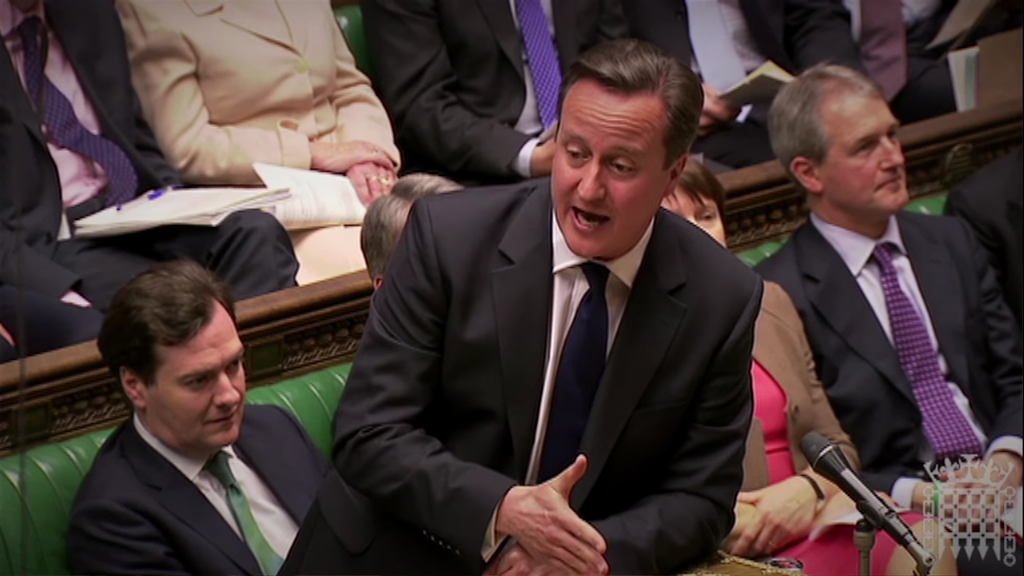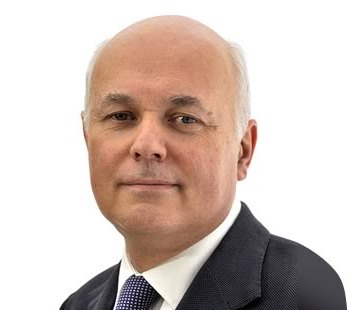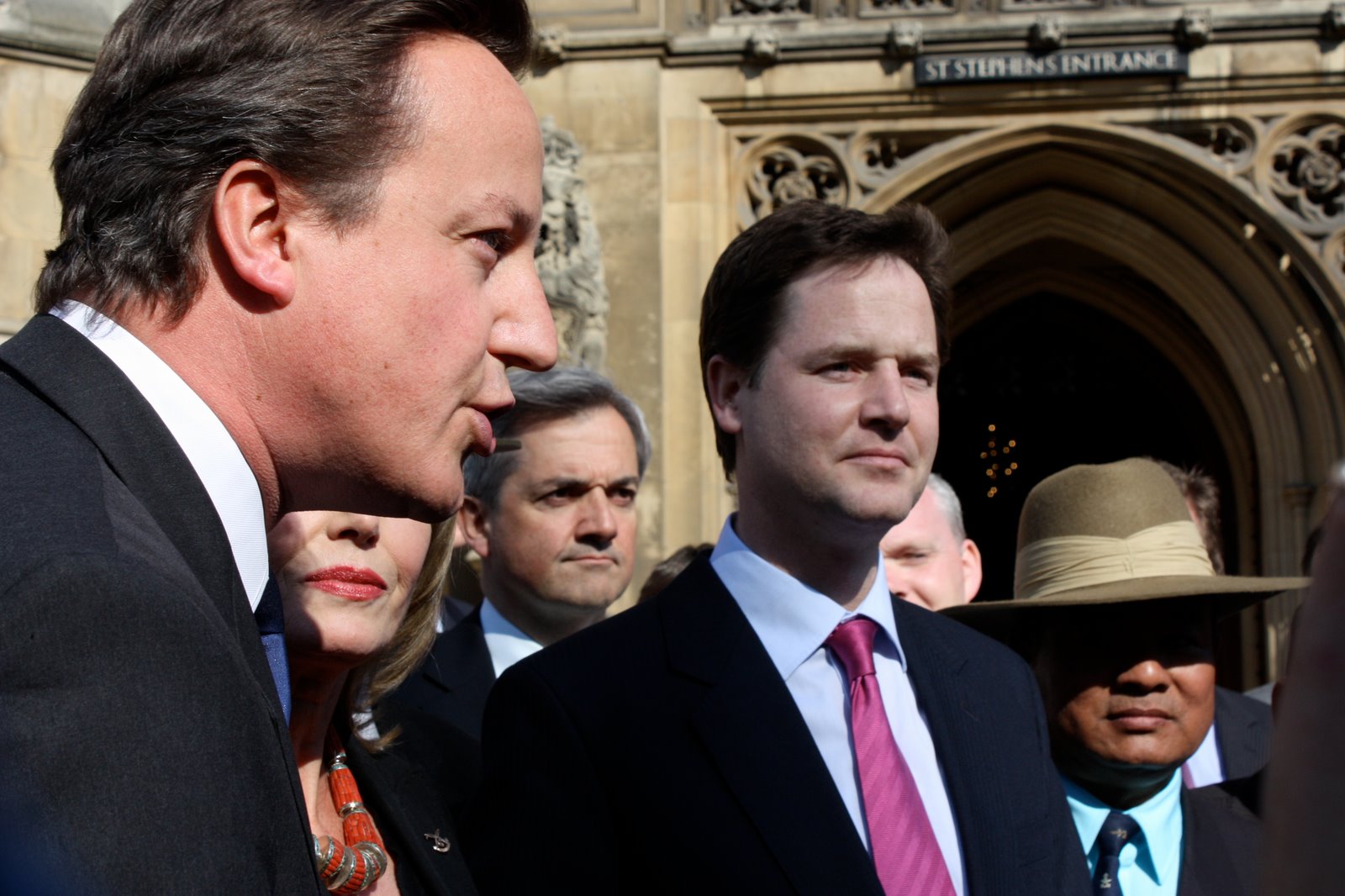|
Premiership Of David Cameron
David Cameron's tenure as Prime Minister of the United Kingdom began on 11 May 2010 when he accepted an invitation of Queen Elizabeth II to form a government, succeeding Gordon Brown of the Labour Party (UK), Labour Party, and ended on 13 July 2016 upon his resignation following the 2016 United Kingdom European Union membership referendum, 2016 referendum that favoured Brexit, which he had opposed. As prime minister, Cameron also served simultaneously as First Lord of the Treasury, Minister for the Civil Service, and Leader of the Conservative Party (UK), Leader of the Conservative Party. Following the 2010 United Kingdom general election, 2010 general election, Cameron became prime minister at the head of a Cameron–Clegg coalition, coalition government between the Conservatives and Liberal Democrats (UK), Liberal Democrats, as no party had gained an overall majority in the House of Commons of the United Kingdom, House of Commons for the first time since the February 1974 U ... [...More Info...] [...Related Items...] OR: [Wikipedia] [Google] [Baidu] |
Cameron–Clegg Coalition
The Cameron–Clegg coalition was formed by David Cameron and Nick Clegg when Cameron was invited by Queen Elizabeth II to form a new government, following the resignation of Prime Minister Gordon Brown on 11 May 2010, after the general election on 6 May. It was the UK's first coalition government since the Churchill war ministry ended in 1945. The coalition was led by Cameron as prime minister with Clegg as deputy prime minister and composed of members of both Cameron's centre-right Conservative Party and Clegg's centrist Liberal Democrats. The Cabinet was made up of sixteen Conservatives and five Liberal Democrats, with eight other Conservatives and one other Liberal Democrat attending cabinet but not members. The coalition was succeeded by the single-party, second Cameron ministry following the 2015 election. History The previous Parliament had been dissolved on 12 April 2010 in advance of the general election on 6 May. The general election resulted in a hung p ... [...More Info...] [...Related Items...] OR: [Wikipedia] [Google] [Baidu] |
Leader Of The Conservative Party (UK)
The leader of the Conservative Party (officially the leader of the Conservative and Unionist Party) is the highest position within the United Kingdom's Conservative Party (UK), Conservative Party. The current holder of the position is Kemi Badenoch, who was elected to the position on 2 November 2024, following her victory against Robert Jenrick in the party's 2024 Conservative Party leadership election, leadership election. From the party's formation in 1834 until 1922, the leader of the Conservative Party was not a formal position; instead, there was a party leader in each chamber of Parliament of the United Kingdom, Parliament, and they were considered equal unless one took precedence over the other, such as when one was serving as prime minister. Following the passage of the Parliament Act 1911, the reduction of power in the House of Lords suggested that the Conservative leader in the House of Commons of the United Kingdom, House of Commons would be preeminent, but this fact ... [...More Info...] [...Related Items...] OR: [Wikipedia] [Google] [Baidu] |
Home Office Hostile Environment Policy
The UK Home Office hostile environment policy is a set of administrative and legislative measures designed to make staying in the United Kingdom as difficult as possible for people without leave to remain, in the hope that they may " voluntarily leave". The Home Office policy was first announced in 2012 under the Conservative–Liberal Democrat coalition. The policy was widely seen as being part of a strategy of reducing UK immigration figures to the levels promised in the 2010 Conservative Party Election Manifesto. The policy has been cited as one of the harshest immigration policies in the history of the United Kingdom, and has been widely criticised as inhumane, ineffective, and unlawful. The United Nations Human Rights Council has stated that the policy has fostered xenophobia within the UK, while the Equality and Human Rights Commission has found that the policy broke equalities law. It has notably led to significant issues with the Windrush generation and other Commonwe ... [...More Info...] [...Related Items...] OR: [Wikipedia] [Google] [Baidu] |
Welfare State In The United Kingdom
The welfare state of the United Kingdom began to evolve in the 1900s and early 1910s, and comprises expenditures by the government of the United Kingdom of Great Britain and Northern Ireland intended to improve health, education, employment and social security. The British system has been classified as a liberal welfare state system. History Before the official establishment of the modern welfare state, clear examples of social welfare existed to help the poor and vulnerable within British society. A key date in the welfare state's history is 1563; when Queen Elizabeth I's government encouraged the wealthier members of society to give to the poor, by passing the Poor Act 1562. The welfare state in the modern sense was anticipated by the Royal Commission into the Operation of the Poor Laws 1832 which found that the Poor Relief Act 1601 (a part of the English Poor laws) was subject to widespread abuse and promoted squalor, idleness and criminality in its recipients, compared ... [...More Info...] [...Related Items...] OR: [Wikipedia] [Google] [Baidu] |
Healthcare In England
Healthcare in England is mainly provided by the National Health Service (NHS), a public body that provides healthcare to all permanent residents in England, that is free at the point of use. The body is one of four forming the UK National Health Service, as health is a devolved matter; there are differences with the provisions for healthcare elsewhere in the United Kingdom, and in England it is overseen by NHS England. Though the public system dominates healthcare provision in England, private health care and a wide variety of alternative and complementary treatments are available for those willing and able to pay. The Secretary of State for Health and Social Care is a senior minister of the Crown within the Government of the United Kingdom, and leads the Department of Health and Social Care with responsibility for England's NHS. The Secretary serves as the principal adviser to the Prime Minister of the United Kingdom on all health matters. National Health Service The NHS is fr ... [...More Info...] [...Related Items...] OR: [Wikipedia] [Google] [Baidu] |
Welfare Reform Act 2012
The Welfare Reform Act 2012 is an Acts of Parliament in the United Kingdom, Act of Parliament in the United Kingdom which makes changes to the rules concerning a number of benefits offered within the Welfare state in the United Kingdom, British social security system. It was enacted by the Parliament of the United Kingdom on 8 March 2012. Among the provisions of the Act are changes to housing benefit which came into force on 1 April 2013. These changes include an "under-occupancy penalty" which reduces the amount of benefit paid to claimants in social housing if they are deemed to have too much living space in the property they are renting. (This already applied to tenants in private rental accommodation). Although the Act does not introduce any new direct taxes, this ''penalty'' has been characterised by the Labour Party (UK), Labour Party and some in the media as the "Bedroom Tax", attempting to link it with the public debate about the "Poll tax (Great Britain), Poll Tax" in th ... [...More Info...] [...Related Items...] OR: [Wikipedia] [Google] [Baidu] |
Health And Social Care Act 2012
The Health and Social Care Act 2012 (c. 7) is an Act of Parliament (UK), act of the Parliament of the United Kingdom. It provided for the most extensive reorganisation of the structure of the National Health Service (England), National Health Service in England to date.''BMJ'', 2011; 342:d408Dr Lansley's Monster It removed responsibility for the health of citizens from the Secretary of State for Health and Social Care, Secretary of State for Health, which the post had carried since the inception of the NHS in 1948. It abolished primary care trusts (PCTs) and strategic health authority, strategic health authorities (SHAs) and transferred between £60 billion and £80 billion of "commissioning", or healthcare funds, from the abolished PCTs to several hundred clinical commissioning groups, partly run by the general practitioners (GPs) in England. A new executive agency of the Department of Health (United Kingdom), Department of Health, Public Health England, was established under the ... [...More Info...] [...Related Items...] OR: [Wikipedia] [Google] [Baidu] |
United Kingdom Government Austerity Programme
The United Kingdom government austerity programme was a fiscal policy that was adopted for a period in the early 21st century following the era of the Great Recession. Coalition and Conservative governments in office from 2010 to 2019 used the term, and it was applied again by many observers to describe Conservative Party policies from 2021 to 2024, during the cost of living crisis. With the exception of the short-lived Truss ministry, the governments in power over the second period did not formally re-adopt the term. The two austerity periods are separated by increased spending during the COVID-19 pandemic. The first period was one of the most extensive deficit reduction programmes seen in any advanced economy since the Second World War, with emphasis placed on shrinking the state, rather than consolidating fiscally as was more common elsewhere in Europe. The Conservative-led government claimed that austerity served as a deficit reduction programme consisting of sustained re ... [...More Info...] [...Related Items...] OR: [Wikipedia] [Google] [Baidu] |
Great Recession
The Great Recession was a period of market decline in economies around the world that occurred from late 2007 to mid-2009.“US Business Cycle Expansions and Contractions” United States NBER, or National Bureau of Economic Research, updated March 14, 2023. This government agency dates the Great Recession as starting in December 2007 and bottoming-out in June 2009. The scale and timing of the recession varied from country to country (see map). At the time, the International Monetary Fund (IMF) concluded that it was the most severe economic and financial meltdown since the Great Depression. The causes of the Great Recession include a combination of vulnerabilities that developed in the financial system ... [...More Info...] [...Related Items...] OR: [Wikipedia] [Google] [Baidu] |
2008 Financial Crisis
The 2008 financial crisis, also known as the global financial crisis (GFC), was a major worldwide financial crisis centered in the United States. The causes of the 2008 crisis included excessive speculation on housing values by both homeowners and financial institutions that led to the 2000s United States housing bubble, exacerbated by predatory lending for subprime mortgages and deficiencies in regulation. Cash out refinancings had fueled an increase in consumption that could no longer be sustained when home prices declined. The first phase of the crisis was the subprime mortgage crisis, which began in early 2007, as mortgage-backed securities (MBS) tied to U.S. real estate, and a vast web of Derivative (finance), derivatives linked to those MBS, collapsed in value. A liquidity crisis spread to global institutions by mid-2007 and climaxed with the bankruptcy of Lehman Brothers in September 2008, which triggered a stock market crash and bank runs in several countries. The crisis ... [...More Info...] [...Related Items...] OR: [Wikipedia] [Google] [Baidu] |
Deputy Prime Minister Of The United Kingdom
The deputy prime minister of the United Kingdom is an honorific title given to a minister of the Crown and a member of the British Cabinet, normally to signify a very senior minister, the deputy leader of the governing party, or a key political ally of the Prime Minister of the United Kingdom, prime minister. It does not entail any specific legal or constitutional responsibilities, though the holder will normally be assigned some duties by the prime minister and in recent times this has typically always included deputising for The Prime Minister in the House of Commons of the United Kingdom, House of Commons, domestically and abroad. Appointment to the position is usually paired with appointment to a departmental secretary of state position. The title is not always in use and prime ministers have been known to appoint deputies with title First Secretary of State, first secretary of state or informal deputies without any honorific title. The current Deputy Prime Minister is A ... [...More Info...] [...Related Items...] OR: [Wikipedia] [Google] [Baidu] |
Nick Clegg
Sir Nicholas William Peter Clegg (born 7 January 1967) is a British retired politician and media executive who served as Deputy Prime Minister of the United Kingdom from 2010 to 2015 and as Leader of the Liberal Democrats from 2007 to 2015. He was Member of Parliament (United Kingdom), Member of Parliament (MP) for Sheffield Hallam (UK Parliament constituency), Sheffield Hallam from 2005 to 2017. An "The Orange Book, Orange Book" liberal, he has been associated with both socially liberal and economically liberal policies. Born in Buckinghamshire, Clegg was educated at Westminster School before going on to study at the University of Cambridge, University of Minnesota and College of Europe. He worked as a journalist for the ''Financial Times'' before becoming a Member of the European Parliament (MEP) in 1999. After his election to the House of Commons of the United Kingdom, House of Commons in 2005, Clegg served in a variety of leadership roles in the Liberal Democrats (UK), Lib ... [...More Info...] [...Related Items...] OR: [Wikipedia] [Google] [Baidu] |










